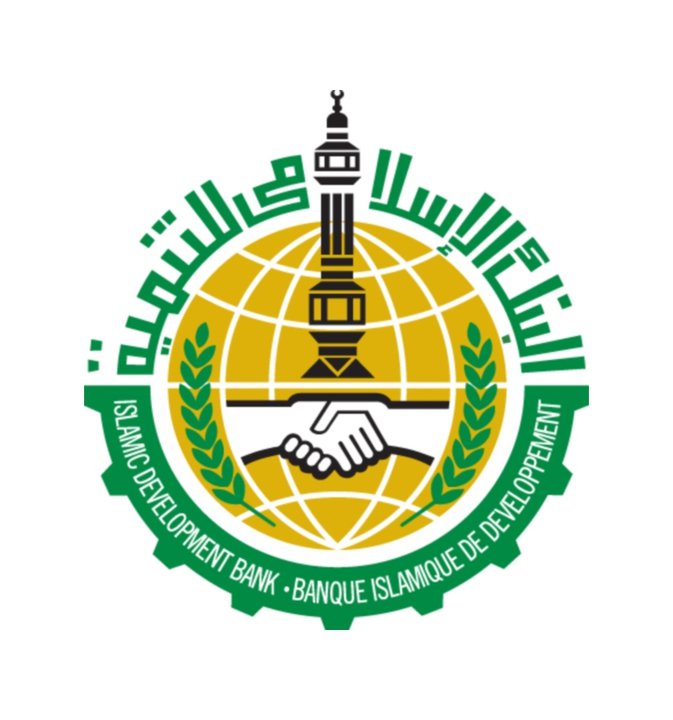
(Photo Handout from the Egyptian Ministry of Foreign Affairs)
Egypt held the fourth ministerial meeting for Libya’s neighbouring countries in which foreign ministers from Libya, Tunisia, Algeria, Sudan and other countries met and discussed the ongoing turmoil in Libya on Monday.
The meeting was held to “discuss the latest developments of the security and political situation in Libya”.
Before the meeting, Egyptian Foreign Minister Sameh Shoukry met separately with the Algerian Foreign Minister Ramadan Al-Umamra, Libyan Foreign Minister Mohamed Abdel-Aziz, and Tunisian Foreign Minister Mnjy Al-Hamadi.
During the meetings, Shoukry reviewed and discussed the pre-determined schedule of the fourth ministerial meeting. The ministers also discussed the importance of supporting the “legitimacy” of the Libyan state’s institutions.
He also stressed the importance of “immediately” forming a Libyan government and creating an “internal national dialogue to achieve agreement between all the factions of the Libyan people”.
In the meeting, Shoukry stated that the intention was to introduce possible solutions to “restore security and stability, and rebuild the [Libyan] state and its institutions”.
The foreign ministers and head of the Arab League stressed during the meetings their concern for preserving the “unity and sovereignty” of Libya.
Shoukry also explained that Libya’s neighbours are also concerned with the country’s internal turmoil because of “the presence of extremists and terrorist elements”, whose activities “are not limited to terrorist operations inside Libyan territory, but extend to neighbouring countries”.
He added that the neighbouring countries are also concerned with “trade and arms smuggling, and individuals crossing borders”, which he says poses a threat to the sovereignty and internal stability of Libya’s neighbouring countries. After “recognising this risk,” the neighbouring countries began building a framework to “organise common effort to achieve the best results in the fastest possible time”.
On Sunday, Libyan militant group Fajr Libya, which seized the Tripoli International Airport on Saturday, accused Egypt and the United Arab Emirates of targeting the group using military warplanes in Tripoli. Egypt’s president Abdel Fattah Al-Sisi denied that the Egyptian military lead, or “could lead” any military operations inside Libya.
During the ministerial meeting, Shoukry stated that Libya’s neighbours must “put an end to the violence and make sure no one [in Libya] possess weapons besides state institutions”.
The last ministerial meeting for Libya’s neighbouring countries was held in Tunisia on 14 July when the countries organised two political and security committees to review and coordinate work related to solving the Libyan crisis.
Since 13 July, intense militia fighting left the Tripoli International Airport and its surroundings in a devastatingly unsecure state. The United Nations Support Mission in Libya recently condemned the “grave” escalation of militia fighting in the country.
Since the ouster, and later murder, of former Libyan President Muammar Gaddafi, violence has become commonplace in Libya, hindering the daily lives of Libyan civilians who have often been killed, or forced out of their homes.

